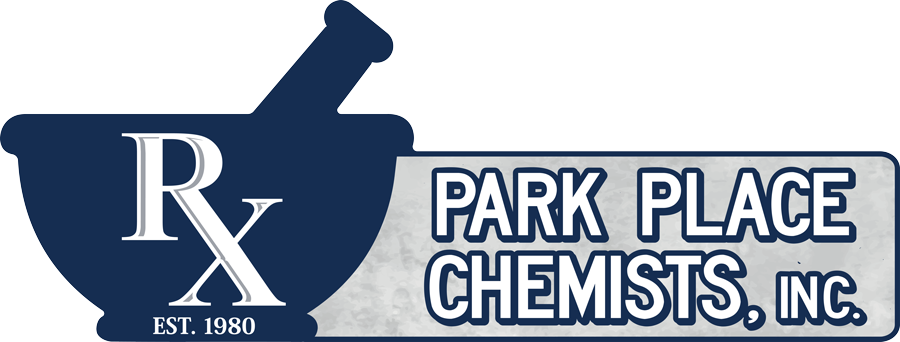Frequently Asked Questions
What is compounding, and why is it necessary?
Compounding involves a licensed pharmacist crafting a personalized pharmaceutical preparation for an individual patient, human or animal. This happens when a commercially available drug isn’t suitable due to intolerance, unavailability of the required preparation, or if the patient needs a drug currently in shortage or discontinued.
What is a compounding pharmacy?
Traditional compounding involves creating a medication as per the prescriber’s precise instructions, intended to be directly provided to the patient based on a valid prescription. This process is overseen or conducted by a pharmacist licensed by the state board of pharmacy. On the other hand, manufacturing refers to the large-scale production of FDA-approved drug products sold to authorized entities like pharmacies, healthcare practitioners, or others permitted by state and federal laws for resale.
Does a compounding pharmacist have special training?
Compounding is a central activity to the practice of pharmacy. Pharmacists are taught in pharmacy school how to properly compound medications, and many states test pharmacists’ compounding knowledge and skills before issuing them a license.
